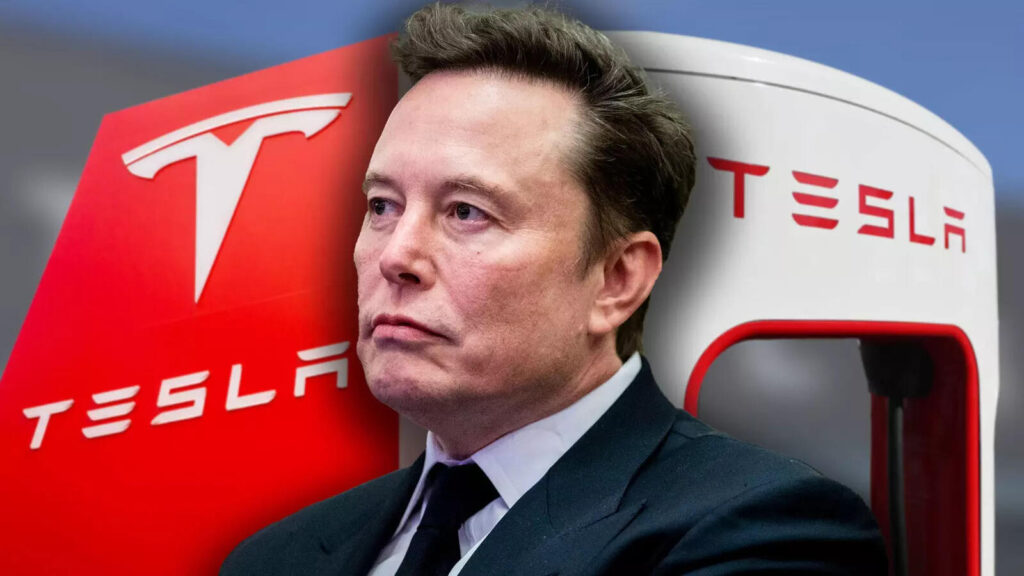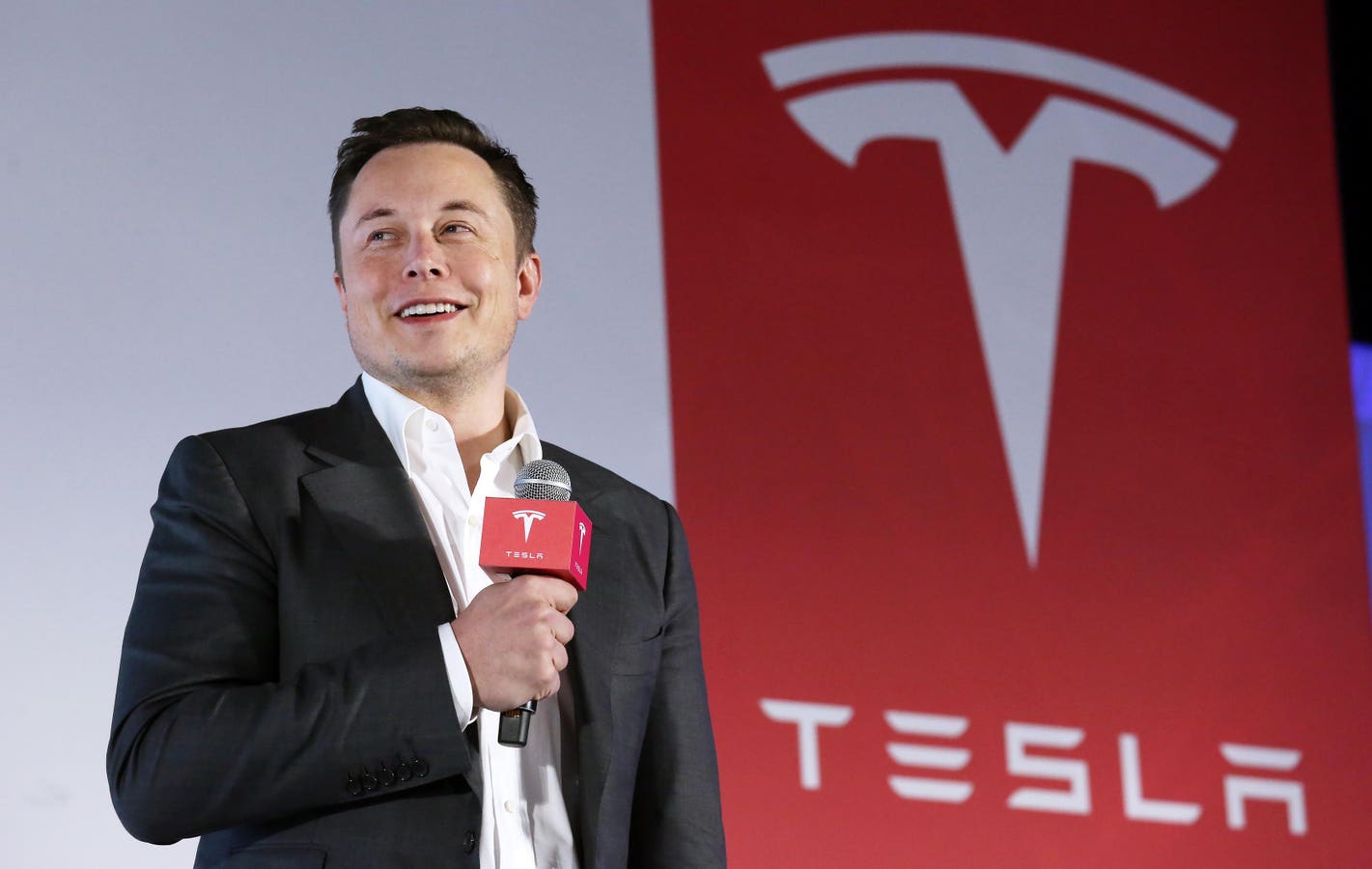Tesla has once again made headlines with a bold move its board has approved a $30 billion alternative pay deal for Elon Musk, aiming to retain its high profile CEO amid a fierce legal battle over his previously nullified $58 billion compensation package. The decision, revealed in a filing to the America Securities and Exchange Commission (SEC), is more than just a financial maneuver it’s a high stakes play to preserve Tesla’s future.
What Is the Tesla Alternative Pay Deal All About?
The Tesla alternative pay deal is a revised compensation structure meant to replace the now-defunct 2018 package, which a Delaware judge invalidated in early 2024. That deal worth $58 billion was ruled as excessive and unfairly approved without proper shareholder input. In response, Tesla’s board crafted this $30 billion backup plan, which still requires shareholder approval.
Under this plan, Musk’s compensation will be entirely performance based. It includes 12 rigorous milestones tied to Tesla’s market capitalization, revenue growth, and profitability. The company emphasized that if Musk doesn’t achieve these benchmarks, he receives nothing.
Key Points:
No base salary or cash bonuses, Rewards paid through stock options upon meeting business goals, Milestones include Tesla reaching $1 trillion in market cap again, Strict oversight and third party auditing included.
Tesla says the primary goal is to keep Musk laser focused on the company, especially as he juggles multiple ventures like SpaceX, Neuralink, and X (formerly Twitter). Analysts have expressed concern that Musk’s attention is being stretched too thin, which could compromise Tesla’s innovation pipeline.
With this Tesla alternative pay deal, the board aims to give Musk a powerful incentive to prioritize Tesla’s growth and ensure continued success in the hyper competitive EV and AI sectors.
What Happened to the Original $58 Billion Plan?
In January 2024, Delaware Chancery Court Chancellor Kathaleen McCormick ruled Musk’s original pay plan unlawful, citing governance flaws. She noted that Tesla’s board, many of whom had close personal and financial ties to Musk, failed to act independently.
This landmark decision sent shockwaves through corporate America, raising questions about CEO power, board independence, and shareholder rights. In reaction, Tesla quickly moved its corporate registration to Texas and began exploring legal options including this Tesla alternative pay deal to maintain continuity in leadership.

Wall Street Weighs In
Dan Ives, a respected tech analyst at Wedbush Securities, said. Love him or hate him, Musk is the soul of Tesla. The alternative deal is a preemptive strike to protect the company’s long term roadmap. Ives called the Tesla alternative pay deal a safety net to ensure Tesla doesn’t lose its driving force amid legal uncertainty.
Legal experts are more cautious. Linda Chatman, a law professor at Columbia University, said. If Tesla wants this to stand, transparency is key. The new structure must demonstrate independence, fairness, and measurable performance outcomes.
Divided But Engaged
Tesla retail investors many of whom view Musk as a genius innovator are largely supportive. On forums like Reddit and X, thousands of users are rallying behind Musk with hashtags like #BackMusk and #YesOnTheDeal.
However, institutional investors like CalPERS and BlackRock are reportedly taking a wait and see approach. They demand further clarity on how the new plan will differ meaningfully from the 2018 structure and how shareholder interests will be protected.
Some shareholders argue the Tesla alternative pay deal is essential for Tesla’s stability, while others believe it continues a dangerous trend of personality based governance.
How Other Tech Giants Handle CEO Pay
Tesla’s compensation method for Musk stands in stark contrast to how other major tech companies compensate their CEOs. Apple’s Tim Cook receives a balanced mix of salary, cash bonus, and equity revised annually by an independent board.
Alphabet’s Sundar Pichai has equity awards tied to Google’s long term performance but with strict limits and oversight. Amazon’s Andy Jassy follows a multi year vesting model based on company value growth.
This highlights how unique the Tesla alternative pay deal is, especially in a world where most companies are leaning toward tighter governance.
Risks and Rewards
There’s no denying the high stakes involved. If the new deal gets court approval and Tesla continues to grow, shareholders may benefit immensely from Musk’s aggressive leadership style. However, if the legal system again finds the structure flawed, Tesla could face another round of litigation, potentially shaking investor confidence.
Industry veteran and corporate governance specialist Anne Sheehan puts it best. Tesla is betting on Musk. But every bet needs rules. This new deal is Tesla’s attempt to write better rules this time.
A Retail Investor’s Perspective
Sarah Milton, a Tesla shareholder from Colorado, has owned TSLA stock since 2016. She says, Musk’s chaos doesn’t scare me. Without him, we wouldn’t have EVs everywhere. I want him incentivized but fairly. To her, the Tesla alternative pay deal is a calculated risk that she’s willing to support at the next shareholder vote.
Much hinges on how Tesla presents this to shareholders and the public. If the board can show transparency, strong oversight, and legitimate independence, the vote may go in their favor. But critics are watching closely. Ultimately, the Tesla alternative pay deal may become a defining moment not just for Tesla but for the future of corporate compensation in tech.
A Historic Decision in the Making
Tesla’s $30 billion alternative compensation package for Elon Musk is far more than a financial arrangement. It’s a reflection of corporate loyalty, legal adaptability, and the unique challenge of managing a charismatic founder CEO. Whether shareholders approve the plan or not, this saga will likely shape how companies think about executive rewards for years to come.
